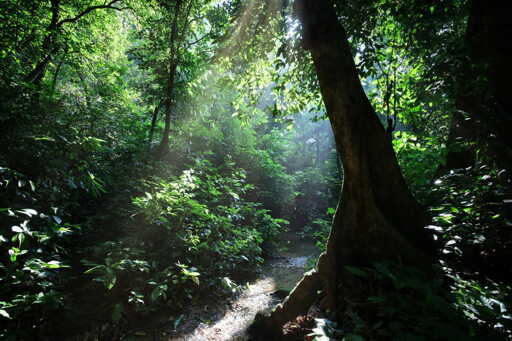Carbon markets sit at the awkward junction of science, finance, and politics, where the appetite for simple stories collides with a system built on probabilities. Few reporters have spent more time in that junction than Steve Zwick. He came to climate through the trading pits of Chicago, where he watched how information asymmetries reward insiders and mislead the public. That early lesson became a through line in his journalism and in his current work dissecting forest carbon and REDD+, the mechanism meant to make standing forests more valuable than felled ones. “The great tragedy of climate finance,” he has said, “is that those who understand it most have their noses to the grindstone, while those who understand it least have their mouths to the megaphone.” Zwick’s route was circuitous but coherent. He covered European business for TIME and Fortune, produced and hosted Deutsche Welle’s “Money Talks,” and later helped build Ecosystem Marketplace into a reference point for environmental finance. He has advised NGOs, companies, and governments, and worked at Verra—an organization that develops and manages carbon credit standards—on special projects. Since 2016, he has hosted the Bionic Planet podcast to chip away at the very asymmetries that first bothered him on the trading floor. In 2025, he co-founded Carbon Paradox and co-authored The Carbon Paradox with Renat Heuberger and Marco Hirsbrunner. Both efforts argue that carbon credits can finance meaningful mitigation, especially in the Global South, but only if their tradeoffs are faced openly rather than spun away. If that…This article was originally published on Mongabay
From Conservation news via this RSS feed


